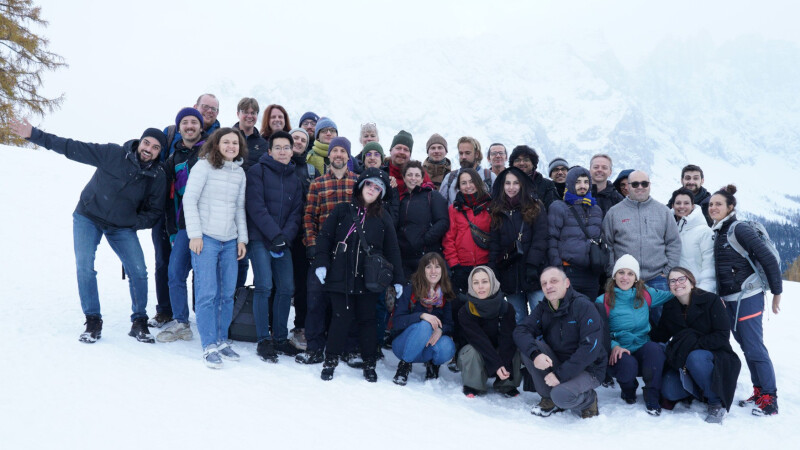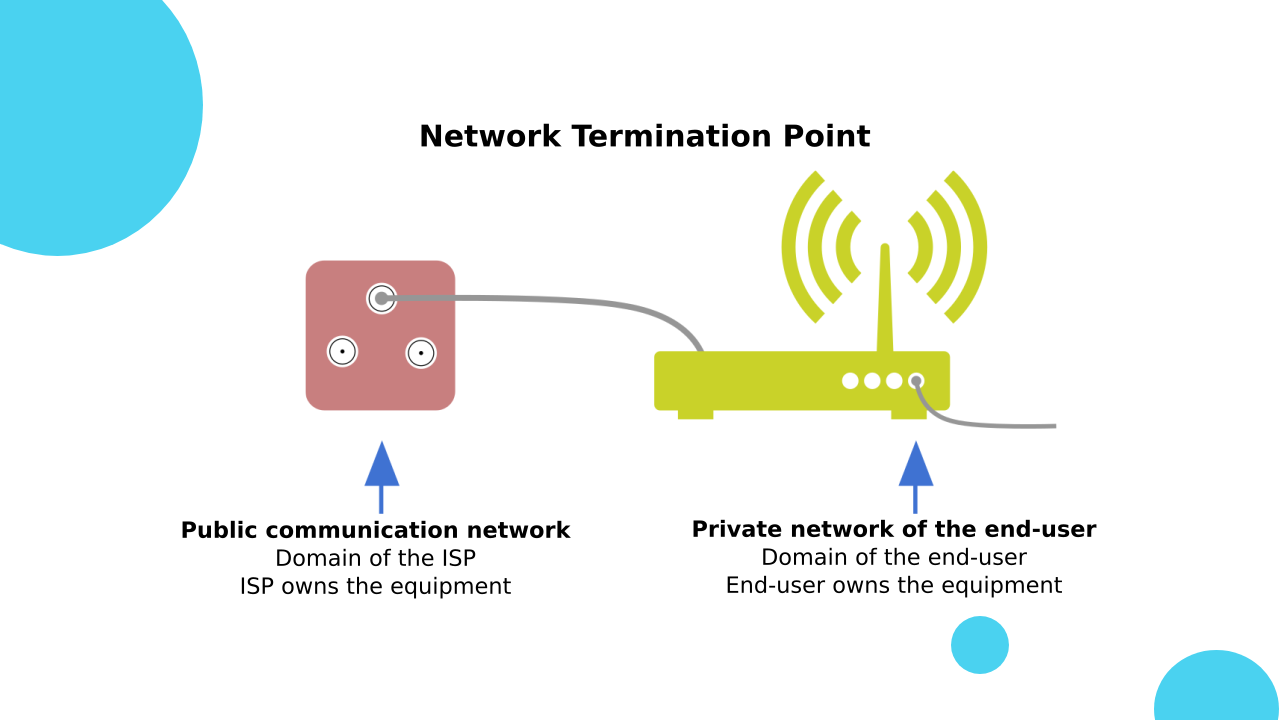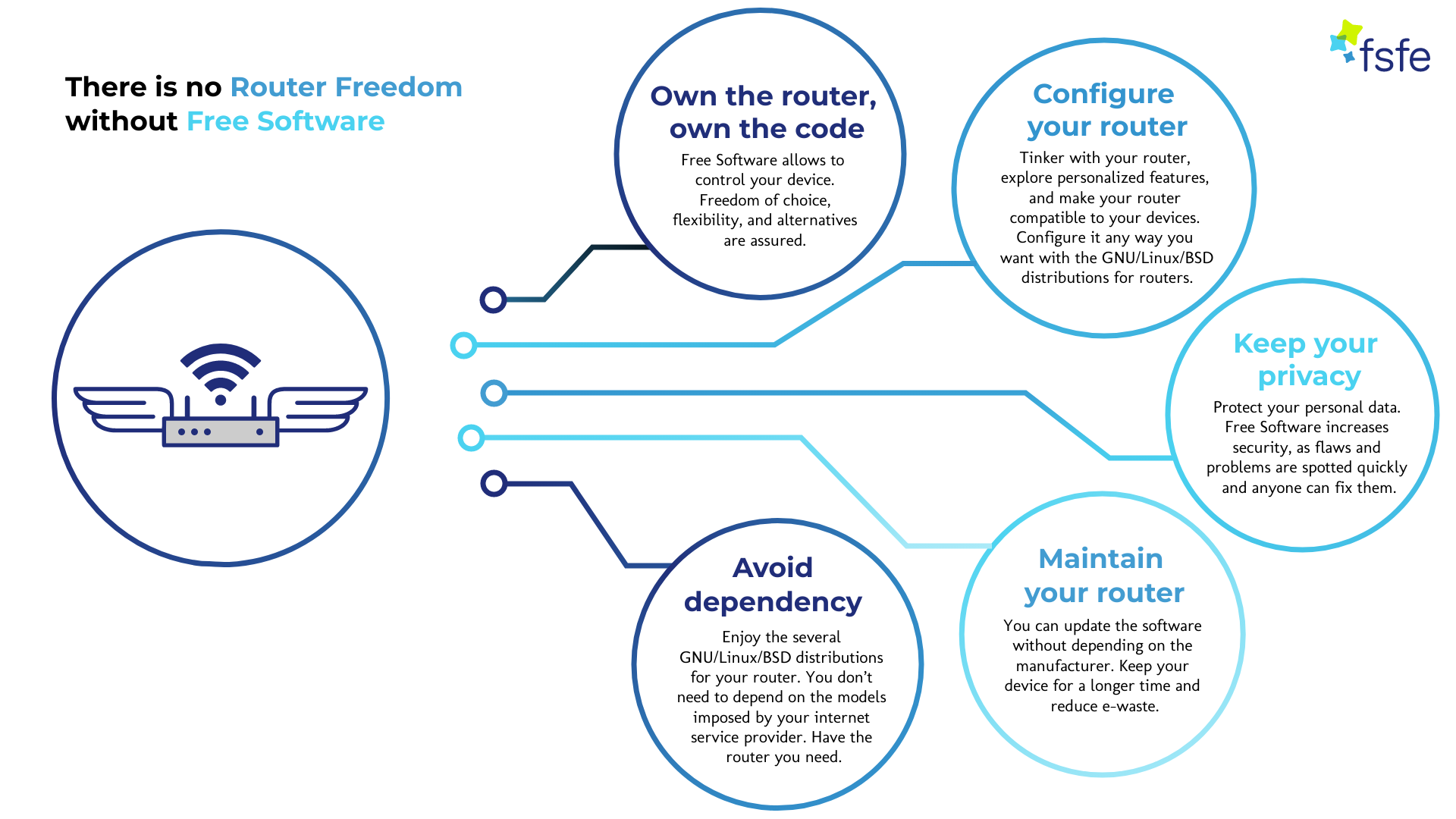The FSFE is looking for a policy intern
lundi 11 décembre 2023 à 00:00The FSFE is looking for a policy intern
We are looking for a motivated intern to support the FSFE’s policy activities and contribute to our work to empower people to control technology. The person will work 35 hours per week with our team in the FSFE Berlin office for a period of six months.
About the FSFE
The Free Software Foundation Europe is a charity that empowers users to control technology. Software is deeply involved in all aspects of our lives and it is important that technology empowers rather than restricts us. Free Software gives everybody the right to use, understand, adapt, and share software. These rights help support other fundamental freedoms like freedom of speech, press, and privacy.
The FSFE helps individuals and organisations to understand how Free Software contributes to freedom, transparency, and self-determination. It enhances users’ rights by abolishing barriers to Free Software adoption, encourages people to use and develop Free Software, and provides resources to enable everyone to further promote Free Software in Europe.
The FSFE is involved in many activities in the legal, economic, political, and technical areas around Free Software. This work is made possible by a community of volunteers, supporters, donors, and staff.

We are looking for an intern
We are looking for a reliable and driven intern for our policy team. You will support the FSFE’s activities and work closely with our team. We will make sure to offer our interns the opportunity to learn about Free Software and while supporting carrying out advocacy activities, the person will also be able to meet and work with our vibrant community across Europe. This position will take place in our FSFE Berlin office, 35 hours per week for a six month period.
Read more about our internships and what former interns say about it.
Main responsibilities
- Support FSFE policy projects like Public Money? Public Code!
- Conduct background research in the fields of politics, administrations, and economy
- Assist our policy team with formulating policy positions on various issues
- Communicate with contacts from the FSFE community, NGOs, industry, and public administrations
- Work together with volunteers in various projects
- You will participate and help organising events around Europe
- General office tasks
Qualifications
- Background in political or social science, or related field
- A knowledge of the EU legislative process is an advantage
- Excellent spoken and written English, other European languages are considered an asset
Attitude
We are looking for a reliable and well-organised team player who cares about social and political change for the next generations and is interested in acquiring practical experience by learning from our different policy activities.
How to apply
To apply, please send a maximum one-page cover letter and a maximum two-page CV in PDF format by email to jobs@fsfe.org, with the subject “Intern position”. Please do not include pictures of yourself in the application. There is no immediate closing date for submitting applications, but we recommend to apply as early as possible as applications will be reviewed on a rolling basis. Please indicate your possible starting date.
The position is for a period of 6 months, full time at 35 hours per week, starting as agreed. The location of the internship is Berlin, Germany. Therefore you will be required to show that you can legally work in Germany -- either by being an EU citizen or by having a residence and work permit for the duration. The internship is compensated according to the German minimum wage. Your personal data will be deleted 3 months after we have made our decision.
Free Software is meant to serve everyone regardless of their age, ability or disability, gender identity, sex, race, nationality, religion, or sexual orientation. Hence, we encourage applications from all backgrounds and promise to judge all applications on merit, without reference to any of the characteristics listed. To promote diversity and equality in the Free Software community, we shall give preference between applications of equal strength to applicants who identify as part of a traditionally marginalised demographic in technology.
 The story of Ada & Zangemann is currently available, for purchase,
in French, English, German and Italian
The story of Ada & Zangemann is currently available, for purchase,
in French, English, German and Italian

 The Austrian regulator RTR has decided to not formally determine the position of the NTP. It means that end-users cannot freely use their modems for internet connection.
The Austrian regulator RTR has decided to not formally determine the position of the NTP. It means that end-users cannot freely use their modems for internet connection.
 The vast majority of participants of our survey agreed that Router Freedom is important for freedom of choice, privacy, security and fair competition. More than a market or tech issue, Router Freedom is a policy demand.
The vast majority of participants of our survey agreed that Router Freedom is important for freedom of choice, privacy, security and fair competition. More than a market or tech issue, Router Freedom is a policy demand.
 Router Freedom enables the right to repair and promotes fair competition. Free Software in a router can greatly extend the device’s lifespan and increase energy management. These advantages can lead to major wins in future policy making.
Router Freedom enables the right to repair and promotes fair competition. Free Software in a router can greatly extend the device’s lifespan and increase energy management. These advantages can lead to major wins in future policy making.